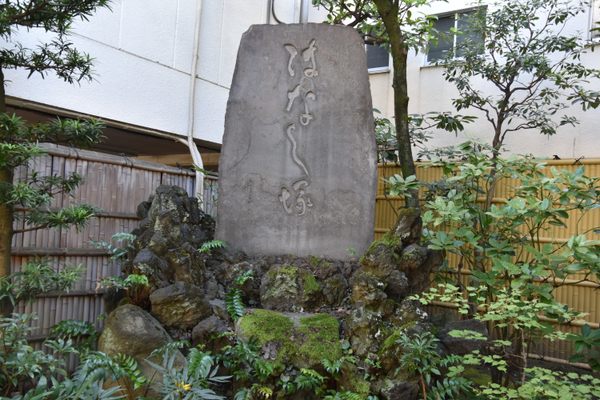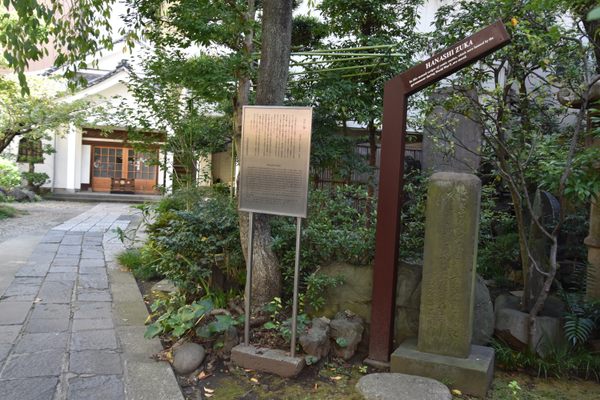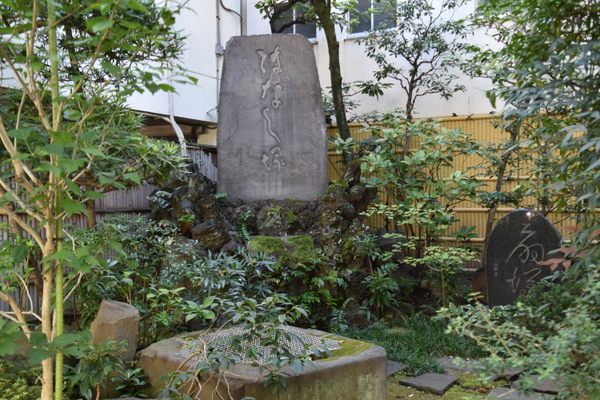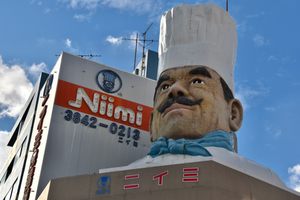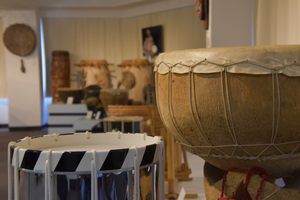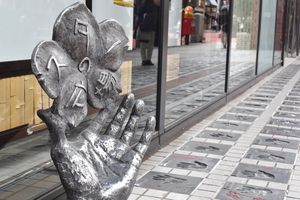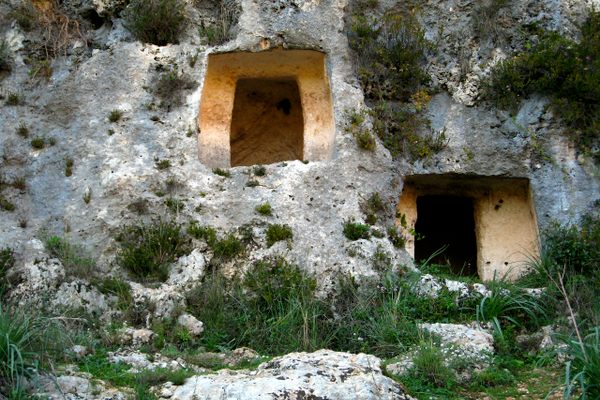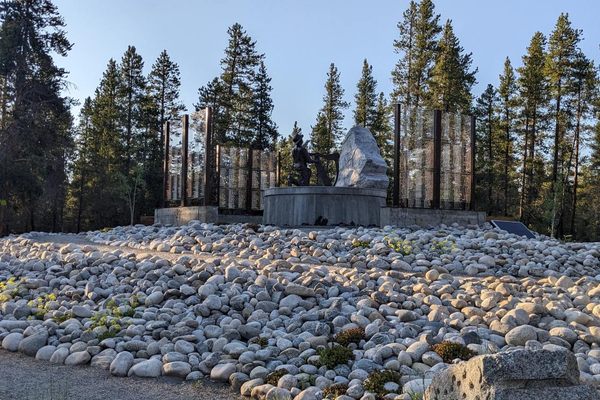About
At the onset of World War II, the Japanese Imperial government began to tighten its iron grip on the people and their pastimes, giving rise to the censorship committee. This group banned any works of art that disrespected the emperor, criticized the military, or were “against public policy.”
The surge of censorship did not spare the world of rakugo, the Japanese art of comic storytelling, as some tales dealt with sexuality and alcohol misuse. Rakugo performers decided to self-ban such stories before the government intervened, selecting 53 traditional comic tales with inappropriate elements.
In 1941, rakugo performers gathered at Honpō-ji Temple in Kotobuki, then Asakusa Ward, to hold a funeral for the censored stories. They ceremoniously buried the scripts of the 53 tales—including A Crow in the Morning and Mummy Hunting, masterpieces of the Edo period—and erected a memorial on the mound.
Related Tags
Community Contributors
Added By
Published
October 24, 2023
